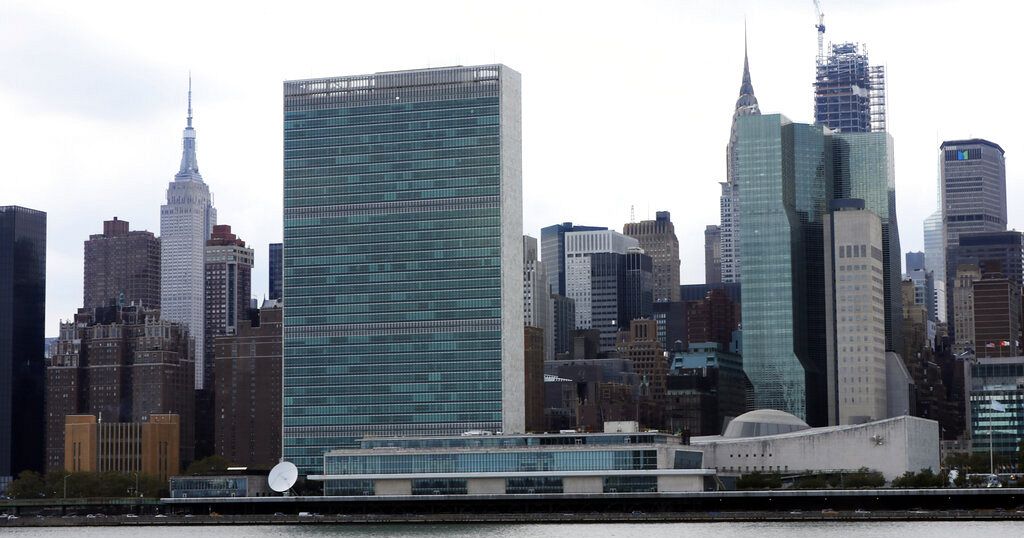In the wake of Hungary’s liberation from Soviet rule, its citizens gathered in Budapest to celebrate their newfound freedom. Among them was a young anti-communist activist named Viktor Orban, who saw Moscow’s control as an obstacle to Hungary fully integrating into European life and politics. Today, Orban is the Prime Minister of Hungary and has invited Chinese Communist leader Xi Jinping for a state visit.
However, Budapest’s relationship with China and its divergence from Western alliances have raised concerns in Washington and Brussels. Hungary’s opposition to sanctions against Russia and hesitance to support Sweden’s entry into NATO have cemented its reputation as a troublemaker within the alliance. This shift in foreign policy has sparked debate about Hungary’s strategic direction and its implications for European security.
As Hungary navigates its complex relationship with China, Russia, and the West, it finds itself at a crossroads between preserving its sovereignty and upholding democratic principles. Critics argue that Orban’s foreign policy decisions are driven by his personal ambitions rather than the country’s national interest. Despite this, Hungary remains committed to maintaining its independence and pursuing its own path in international affairs.


